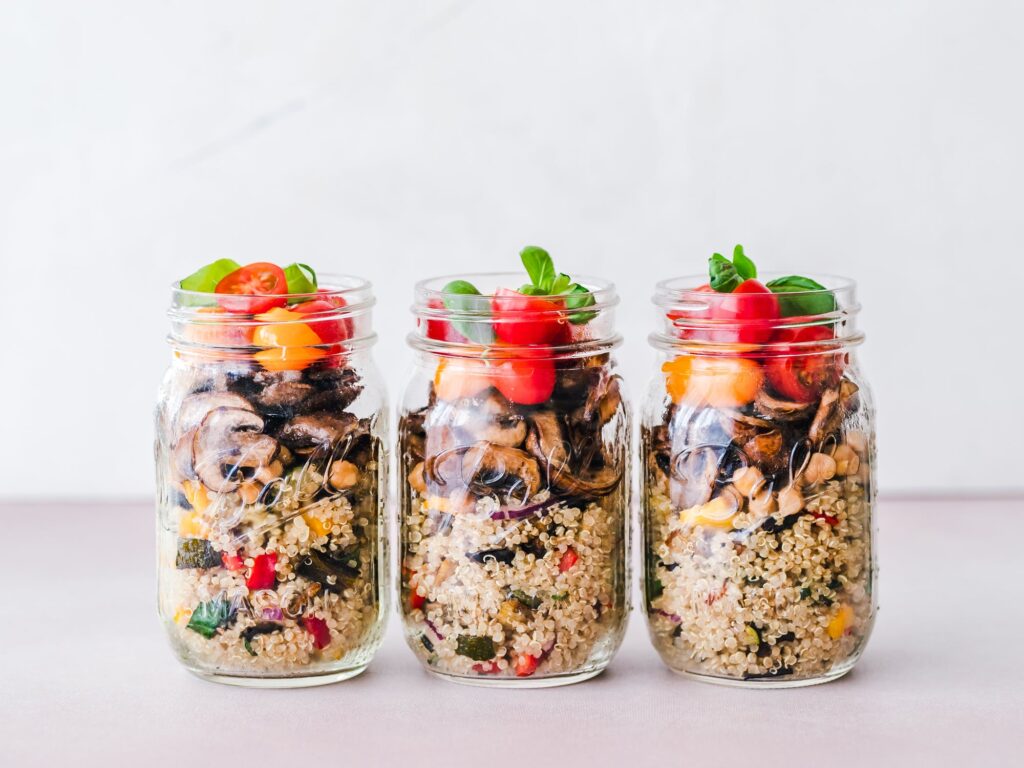Who doesn’t want to eat right? We all know that we’ll be healthier if we simply eat the things that our bodies are designed to make the most efficient and effective use of. But when that bag of Fritos is calling, our best intentions may go out the window. We react by dieting: Denying ourselves calories, sugar, and other diet-industry villains as we try to slim down. But this isn’t the right move. What we really need to do is eat right in a sustainable and safe way.
Why diets don’t work
Calorie deprivation diets and other harsh diets are bad ideas. They rarely work, because they demand so much of us. They’re unhealthy, even when they do work. And if we somehow manage to reach our goal weight, guess what: Those pounds are coming back. Why wouldn’t they? We haven’t made any long-term changes, so it stands to reason that going back to our regular eating habits will send us back towards our regular weights.
What actually works
So what can you do instead of dieting? You can change how you eat, little by little and in sustainable ways. You shouldn’t have to be hungry all of the time, and you shouldn’t have to obey strange fad-diet rules like eating only what cavemen could find. You just need to make long-term changes that will really make a difference.
A great path to a sustainable healthy diet is to replace things in your diet bit by bit, swapping out unhealthy stuff for healthier options. But what is healthy, and what’s unhealthy? It can seem so complicated. Happily, you can do two things to simplify matters: You can adopt a simple eating regimen that covers most of your nutritional bases without much effort on your part, and you can enlist the pros to help you.
The whole foods solution
A complex world of nutrition is out there (and it’s worth working with a nutritionist to better understand and address this reality, as we’ll soon see). But you don’t have to be an expert in every type of vitamin to eat well. To be healthier, just ditch as much of the processed stuff as you can and replace it with whole foods. Whole foods are unprocessed foods such as vegetables and meats. Choosing to put an emphasis on vegetables will allow you to eat more, because vegetables have a low calorie density.
Getting help from the pros
Eating sustainably can be as simple as adding a salad or cooking at home more, but there are also some more complicated parts. What can you eat when you’re out at a restaurant? What’s the least-bad thing on the menu at McDonald’s? This is when it pays to chat with a nutritionist. Calling in an expert can be a huge help.
Not a regular at your local nutritionist’s office? No worries: Just use a service like Health Soup, which connects nutritionists and clients online. It’s a convenient way to reach a nutritionist in our busy modern world.
Building a more complete health picture
The above advice will get you far as you try to eat better. Just remember that it’s not all about what you eat. Your diet makes up a huge part of your overall health picture, but it’s crucial that you exercise regularly (at least 150 minutes a week — which is a half-hour a day, five days a week) and visit a primary care physician every year. Remember, health isn’t about just one thing or just one category of decisions; it’s about your entire lifestyle, which is made up of all of your habits and choices.
So approach your health the way that you approach your diet: holistically. Take care of yourself out there, and enjoy a healthier and happier life.









